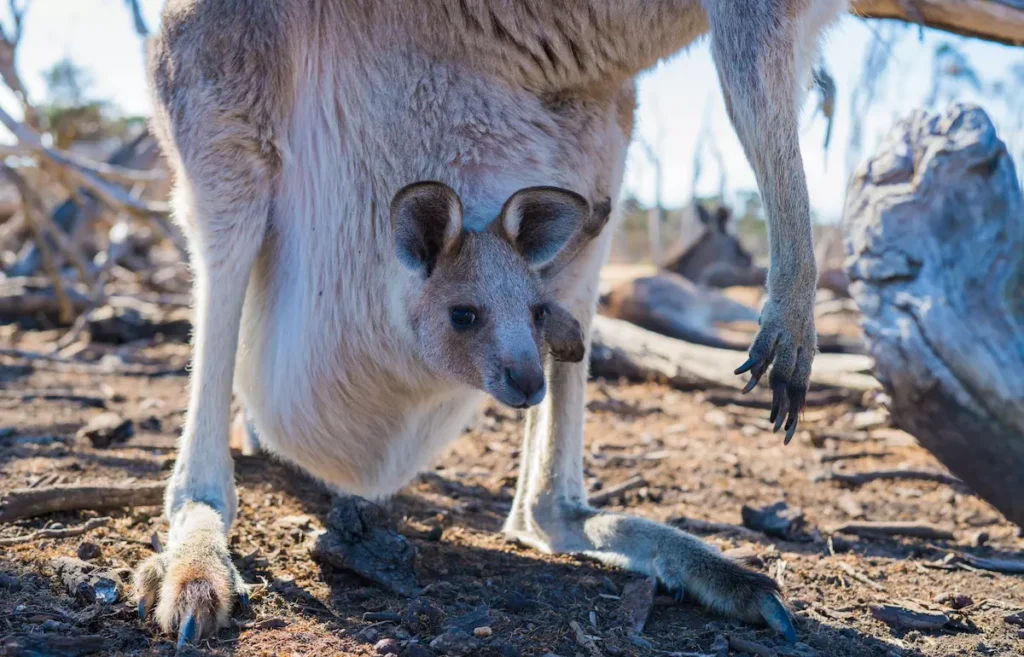Arizona State Rep. Amish Shah champions new bill to promote humane and conservation-minded commerce
Phoenix, CT – Animal Wellness Action and Center for a Humane Economy applauded State Representative Dr. Amish Shah, D-LD5, for introducing legislation to stop Nike and other athletic shoe companies from sourcing kangaroo skins for soccer cleat models. He has introduced the fourth state bill this year to address this distinct wildlife exploitation problem, building on similar legislation in Connecticut, New Jersey, and Oregon. Other states are expected to follow in the coming weeks with additional legislation.
The bill (HB 2741), called the Unlawful Kangaroo Exchange Act, seeks to stop companies from selling products made from kangaroos. Roughly 70 percent of all skins from the mass slaughter of kangaroos are bought by athletic shoe companies to manufacture ‘k-leather’ soccer cleats.

“Major athletic shoe retailers can make the transition to non-animal-based soccer cleats without any adverse effects, and my legislation will hasten a logical and humane switch in their purchasing practices,” said Rep. Shah, who is a devoted advocate of animal welfare. “In fact, these companies already make cruelty-free shoes widely available.”
California, the largest soccer market in the United States, already bans trade in kangaroo parts, forbidding Nike, Adidas and other brands from selling shoe models made from kangaroos.
“Synthetic soccer cleats are readily available and easily rival or outperform those made from the skins of kangaroos,” says Wayne Pacelle, president of Animal Wellness Action and the Center for a Humane Economy. “There’s no reason to kill two million kangaroos on the other side of the planet for soccer cleats that are already made with other fabrics and in wide use.”
The Center counted up the goals scored at the World Cup and tracked the shoe models the players used. There were 172 goals scored in last year’s World Cup, with 164 coming from players wearing synthetic shoes or conventional leather (though synthetics dominated).
“It is no longer acceptable to kill wildlife in their native habitats to make soccer cleats, no less the shoes needed to compete in the most popular sport in the world,” said Deborah Wilson, M.D., the chair of the board of Animal Wellness Action and a resident of Scottsdale. “The orphaning of 500,000 joeys in this supply chain for Nike and other shoe companies should never be considered as acceptable collateral damage.”
Each year, commercial shooters kill about 2 million wild kangaroos in night-time attacks on the animals. It is estimated that more than 500,000 to 800,000 joeys, who are in the pouches of or at the feet of their slain mothers, perish in the process.
In 2021, U.S. Reps. Salud Carbajal, D-Calif., and Brian Fitzpatrick, R-Pa., introduced the Kangaroo Protection Act, which would forbid the sale of kangaroo parts in the United States. The Center for a Humane Economy and its partners are working to see that California’s law is properly enforced, in addition to expanding prohibitions to other states. Nike, Adidas, Mizuno, and other athletic wear companies use kangaroo skins only for some models of soccer cleats and not at all for running, football, golf, tennis, or other sports shoes.

